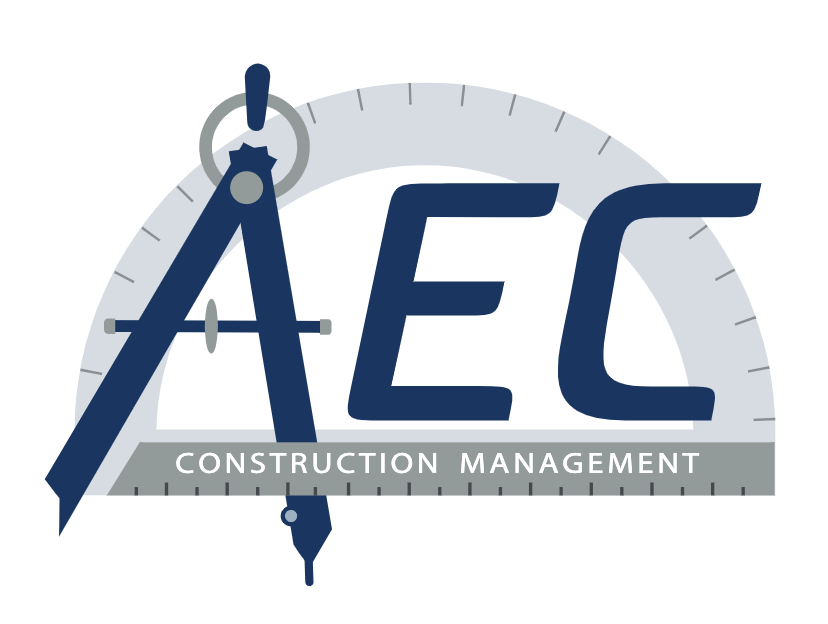Good construction scheduling practices and procedures equal risk mitigation. It’s all about risk management and mitigating risks, which come in different forms: project delays, budget overruns, claims, and potentially damages. Construction scheduling is the most valuable tool available to to an Owner or Contractor to combat risk.
It’s a myth that construction scheduling is only needed when problems arise. Construction project scheduling is most valuable when implemented early. It starts when the project is in the design phase and continues through a project’s close-out and resolution of project disputes. Scheduling is intended to minimize and therefore mitigate risk overall. It helps the project to run as smoothly as possible by demonstrating a workable plan to successfully complete the project. And it serves to provide accurate and useful documentation along the way.
Here are several reasons why scheduling is essential to a construction project’s success.
Procurement sequences.
It is absolutely essential to optimize the procurement sequences within your construction project schedule. Procurement scheduling ensures the timely arrival of project components. It tracks this process, and it addresses the critical aspect in the schedule when products and materials need to be available.
Timely completion.
Construction project scheduling assists the timely completion of work activities. When executed properly, the schedule helps the project to avoid potential delays. The schedule outlines the plan from the project design phase to the pre-construction phase. It communicates the project plan throughout construction and into the post-construction phase. Time is money, and mitigating the risk of delay directly correlates to budget and profit margins.
Communication and accountability.
The construction project schedule communicates the overall plan and associated risks amongst all project participants – owner, architect, consultants, general contractor, and subcontractors. A professional schedule improves the overall communication among the various stakeholders. It smoothly transitions and emphasizes everyone’s responsibilities. This process fosters accountability throughout the project duration.
Customized reporting.
All projects are different and a successful construction schedule will need to reflect that. Every stakeholder needs their data in different ways and for different purposes. AEC uses experience and expertise to develop custom, tailored reporting that can organize, filter, and sort the schedule in any way that is needed to successfully communicate the project plan. These reports need to be accessible and understandable from the boardroom to the construction site.
Pricing and efficiency.
Construction project scheduling has the benefit of increased efficiencies. An optimized plan and schedule may consequently improve subcontractor pricing. Keeping the construction project on track will help mitigate the risk of going over budget. It will avoid causing unnecessary delays in work activities and procurement.
Risk mitigation.
Ideally potential problems can be identified before they occur. A construction project schedule does not only schedule daily activities but can plan for and around any foreseeable problems. It offers the opportunity to resolve problems before they occur. It mitigates potential risks that will delay the construction project. Mitigating risks helps to prevent budget overruns.
Mitigating delays.
The construction project may be small scale or large scale. Mitigating delays to the construction project is the key to a successful completion. The project schedule gives clarity of the status of various design, procurement and construction activities. When potential delays are identified and communicated early, project participants are able to be proactive to maintain project goals and avoid reacting to issues as they arise in the field. These processes are needed to keep the project on track and to maintain a timely completion.
Change orders.
Changes during various construction phases are inevitable. But properly managing changes within the schedule offers the best chances of minimizing the impact on the schedule. A professional and dynamic project schedule helps manage potential consequent change orders. The schedule reporting and analysis communicates any impact to the project to the various stakeholders in real time. They can then adjust the schedule accordingly and get everyone back on track.
Claims and liquidated damages.
During the post-construction phase, a highly detailed and customized schedule that has been properly managed mitigates risks and helps avoid paying claims and liquidated damages. It provides a forensic history to all aspects of the project. Any claims and damages can be mitigated with accurate and factual documentation. The construction schedule becomes the most powerful risk mitigation tool.
At AEC we provide a forward thinking approach to construction scheduling using the latest industry-proven technology and procedures. Keeping our clients’ projects on track has helped save countless dollars and work hours while preventing surprises at the end of the day. Contact us for a free consultation at aeccm.com.
